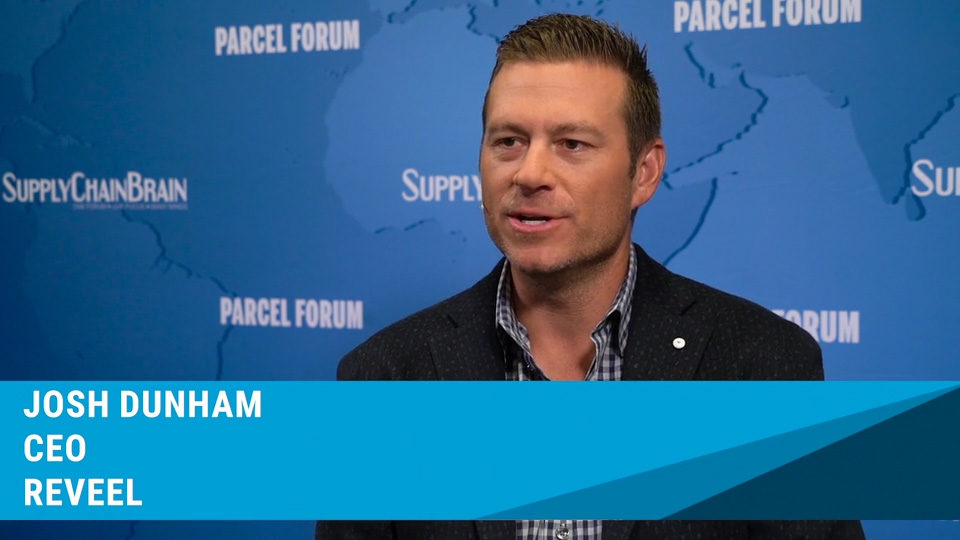
Watch: Four Best Practices of Successful Parcel Shippers
Josh Dunham, chief executive officer of Reveel, describes four best practices that parcel shippers are employing in their relationships with carriers today.
Shippers that are making the most of their relationships with parcel carriers are following a four-step process in managing shipments and optimizing their transportation spend, Dunham says: plan, measure, optimize and monitor.
Planning is essential at time when so many shippers are struggling with the crisis of the moment. Armed with the necessary data and analytics, they need to understand their forecasts and budgets based on changing conditions in the marketplace, such as the annual rate increases imposed by UPS and FedEx. In addition, they’re scrutinizing packaging to minimize extra costs such as dimensional penalties for oversized boxes.
Measuring is based on employing the key performance indicators that define the most cost-efficient carrier options. Examples include customer service requirements, transit time, on-time delivery record, and average cost per package. Visibility into all of those elements is essential.
Optimizing means understanding those KPIs to learn where shippers are sustaining the largest rate increases. Such knowledge allows them to seek discounts in areas where a price break is most needed. “Focus on where you spend the money in your supply chain,” Dunham says.
Monitoring means having deep visibility into carrier data, to determine whether the most efficient shipping options and service levels are being selected. It makes no sense, for example, to be relying on overnight service to reach an address across the street. Equally important, says Dunham, is the ability to monitor security and fraud in shipping, as well as to determine when the shipper should be getting a refund.
Technology can enable shippers to achieve all four steps without the need for an independent consultant, Dunham says. Data and analytics can be deployed so that shippers can work directly with carriers, “to provide a level playing field.”
